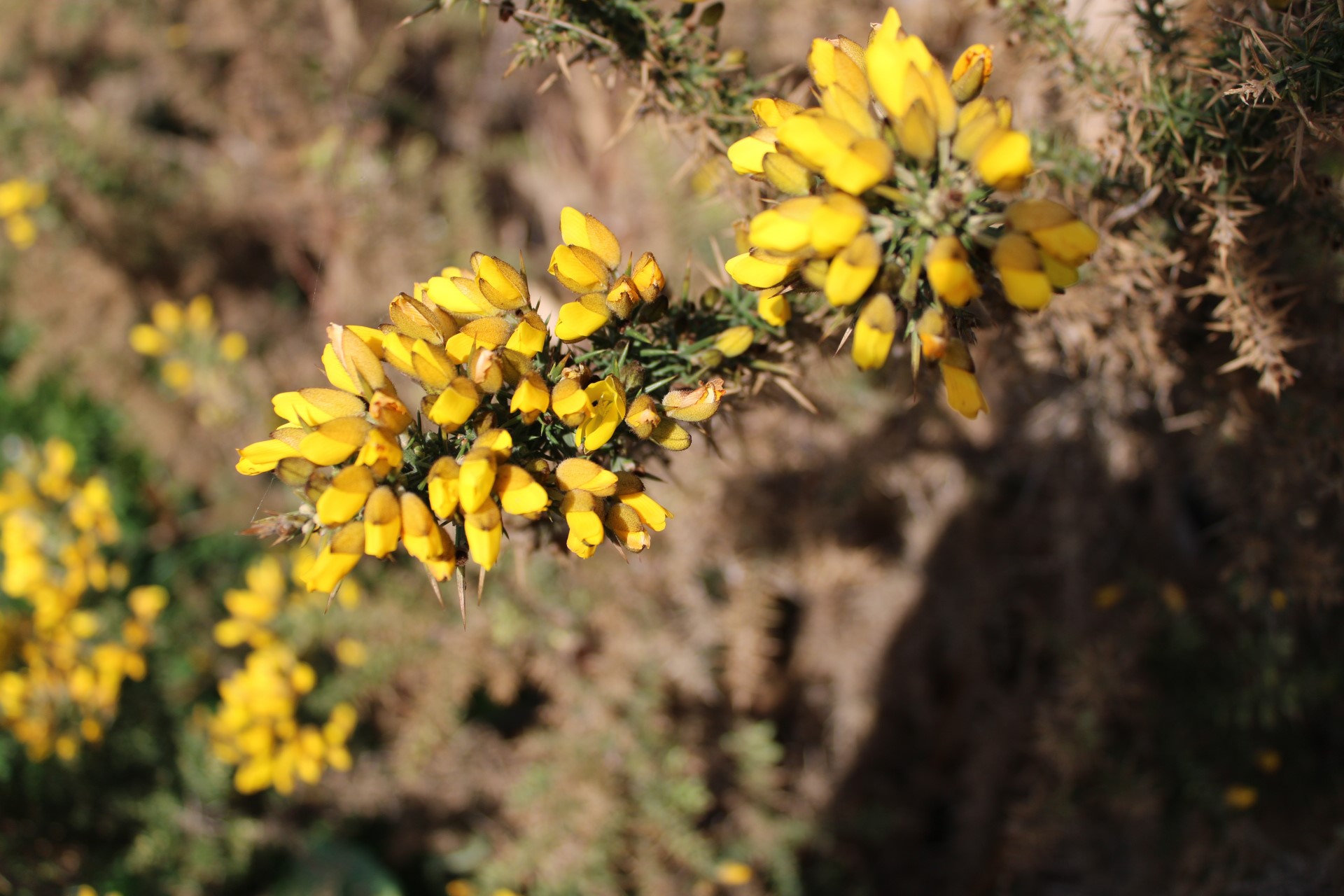Resilience 4/7 – Spring
Being resilient doesn’t mean that a person won’t experience difficulty or distress.
Resilience is more the process of adapting to that distress. People have responded really well to the requests to isolate themselves and experts tell us that these practices are showing promise in terms of controlling and understanding the novel coronavirus, SARS-COV-2. While we deal with COVID-19, climate change effects are still being observed. The Guardian today [1] reports that this year is on course to be the world’s hottest since measurements began, according to meteorologists, who estimate there is a 50% to 75% chance that 2020 will break the record set four years ago. While this may appeal to some in terms of our ability to spend more time outdoors, perhaps (in some parts), what will the impact be on our water supply?
Already we are experiencing the driest April in a while – so entering into a period where water levels may even drop further is a cause for concern. Preparedness in terms of a resilient water system is really important – as important as any aspect of community resilience.
Meanwhile, coming close to the end of Spring 2020 I am really taken by the noises, colours and rhythms of the 2km radius that we now know so well. Of course my school day poetry lessons made a huge impact on me – well, the words were drilled in back then, and they come pouring back on days like this…like Spring by Gerard Manley Hopkins….
Nothing is so beautiful as Spring –
When weeds, in wheels, shoot long and lovely and lush;
Thrush’s eggs look little low heavens, and thrush
Through the echoing timber does so rinse and wring
The ear, it strikes like lightnings to hear him sing;
[1] https://www.theguardian.com/environment/2020/apr/27/meteorologists-say-2020-on-course-to-be-hottest-year-since-records-began?CMP=Share_AndroidApp_Email


Recent Comments